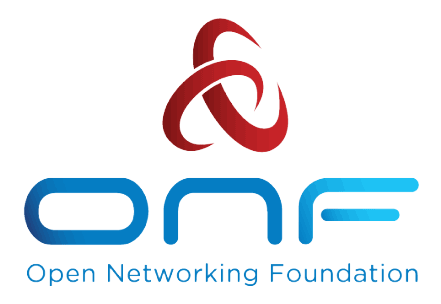Services
Next-generation network technologiesThe future of networks, including 5G mobile networks, is also based on cloud-based technologies, typically SDN, NFV and Kubernetes-based solutions. Our employees have unique knowledge in Hungary, are experts in technologies with a PhD degree, and are pioneers in the spread of these applications in practice.

Open NetworkING Foundation membership
In 2021, we were the first from the Central and Eastern European region to join the Open Networking Foundation. ONF is a provider-led consortium that aims to radically transform network infrastructure and operators ’business models. As an umbrella organization, ONF creates projects that revolutionize the telecommunications industry with open source solutions.Over the past 10 years, distortive innovations in the field of networks have almost all conquered the market with the help of ONF. Our goal is to introduce these innovative solutions in the region in the areas of enterprise 5G, edge computing, IoT, and SDN-based networks as well.
Limitation of traditional network technologies:
Thanks to the new trends like internet of things and Cloud Computing, the evolution of networks has arrived at a turning point. In the past 25 years the speed of the networks has increased exponentially (from 10Mbit Ethernet to 100 Gbit Ethernet) while the control and management techniques over networks have remained the same as it was in 1990s.
Network operation protocols are encoded separately for each hardware
Adding a new feature to networks depends on the life cycle of the hardware products, which can take up to several years
It is almost impossible to program services that fully meet customer needs into a network
It is an extremely complex and complicated task to find and correct any errors
Even if you have an urgent problem, it can take days to discover and fix the root of the problem.
Devices from different vendors (e.g. Cisco, Juniper, HP) can hardly work with each other, so users are always forced to order new devices from the same vendor.
As a result, manufacturers have a stronger bargaining position and build more expensive systems overall.
What is Software Defined Network (SDN)?
In 2008, Stanford University in the United States completely redesigned the principles of network building, placing control over networks in a central software application, this became the so-called Software Defined Networking (SDN) principle. It has spread rapidly over the past decade, as the networks of data centers on Facebook, Google, Microsoft and Amazon also operate on an SDN basis.
Advantages of SDN:
- The operation of the network is controlled by software, into which fully customizable services can be programmed in days
- Independent from hardware platform
- Cost-efficient
What is Network Function Virtualization (NFV)?
In NFV, each specialized network function that has so far ran in separate network boxes (e.g., firewall, load balancer, VPN equipment, etc.) will in future run in containers on generic (typically x86-based) servers. Today, large providers such as AT&T, Verizon and SK Telecom are deploying Kubernetes-based NFV solutions.
Advantages of NFV:
- It can run on open-source platforms such as Kubernetes or OpenStack
- It can be replaced by a generic data center, it can replace a lot of hardware platforms, making it a vendor-independent solution
- The operation is homogeneous and uniform
Why is it good to use these next-generation network technologies together?
Radically innovative network services will also be possible, limited only by the customer’s ideas.
A development cycle can take a few weeks, depending on the complexity.
It takes just a few minutes for a customer to set up a new service without any human intervention. This creates true self-service systems.
Due to the software operation, the parameters of the services can be scaled in any direction as required, whether it is customizable in time or size.
The network as a whole is transparent and measurable through a central system, thus drastically reducing error correction time.
Due to the central software control, network security can be audited uniformly and easily.
The investment and operating costs are significantly lower compared to traditional technologies.